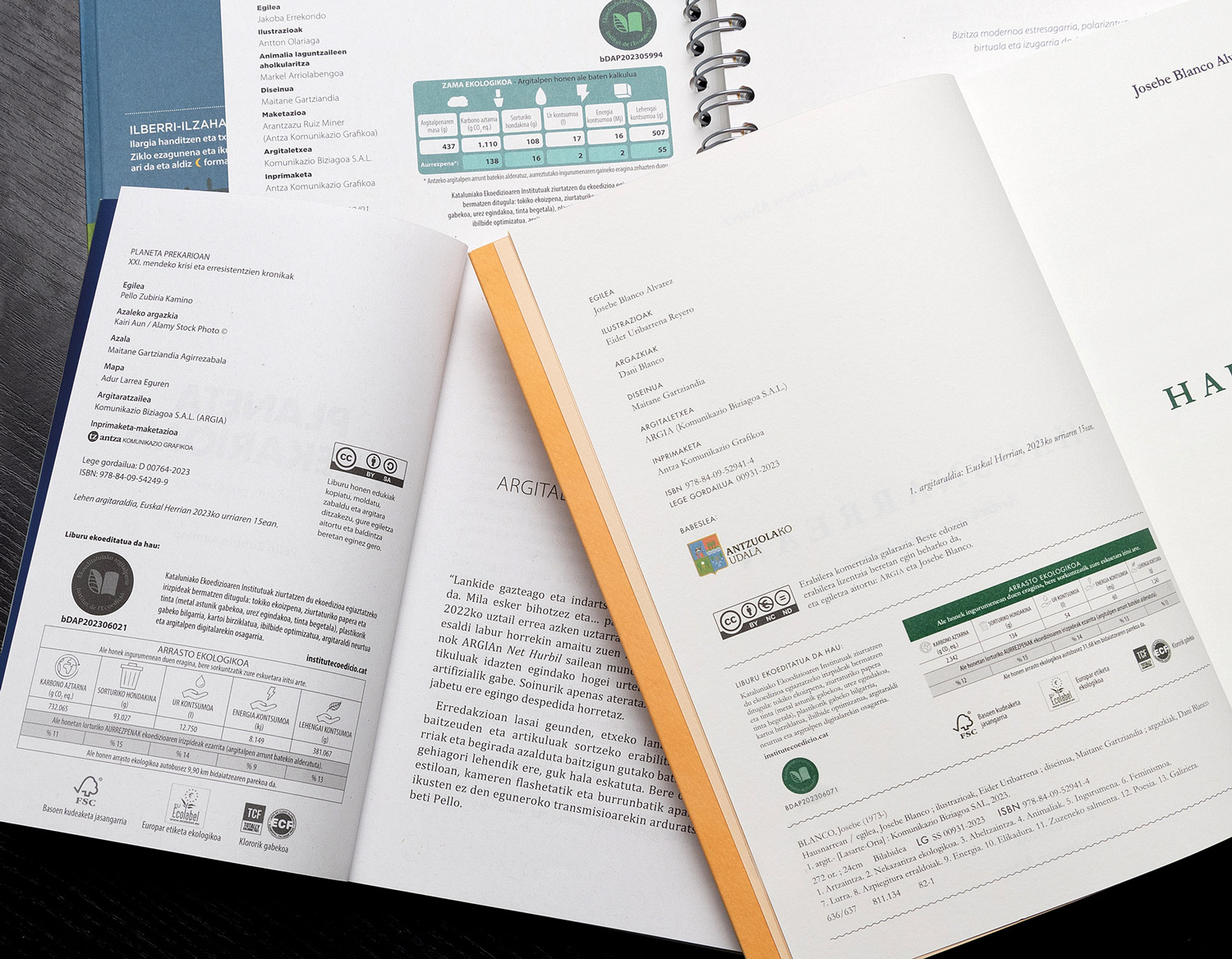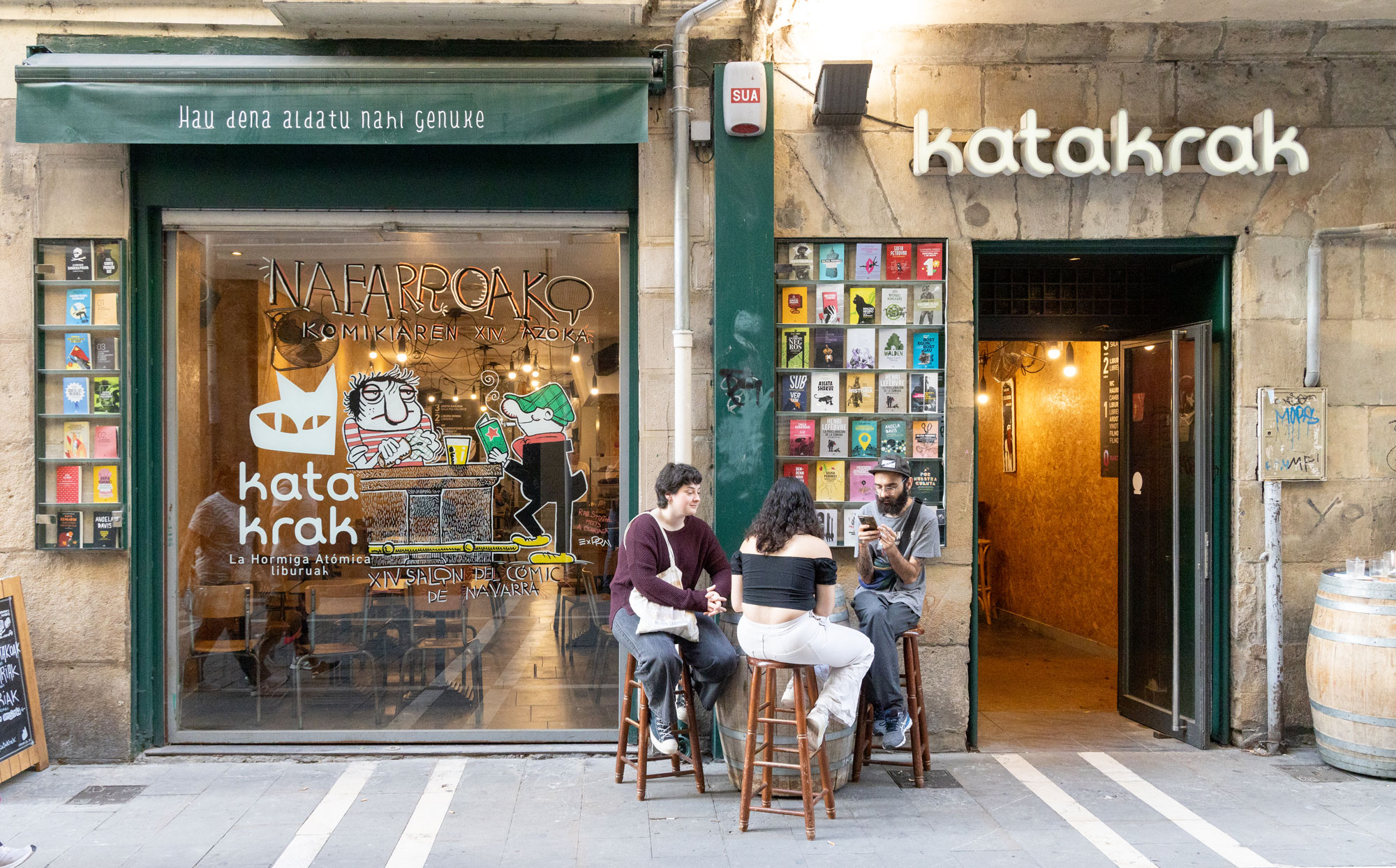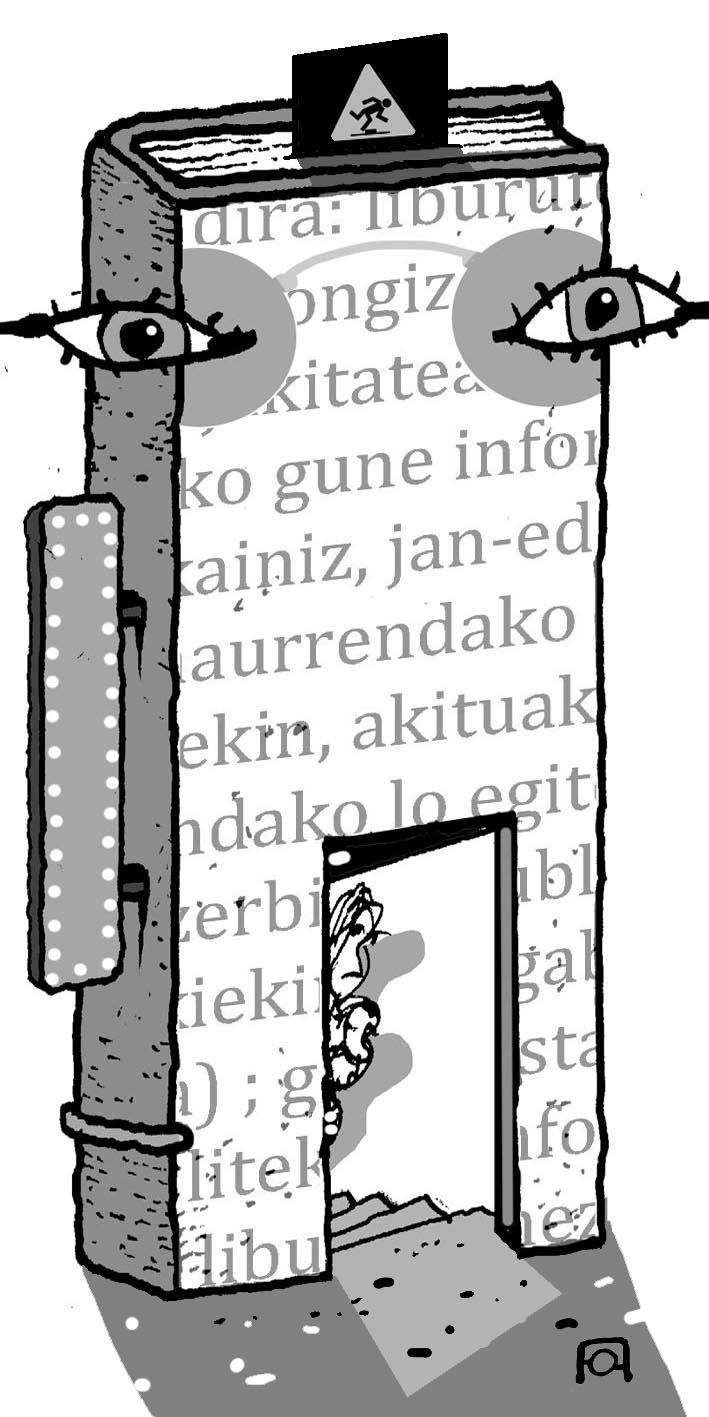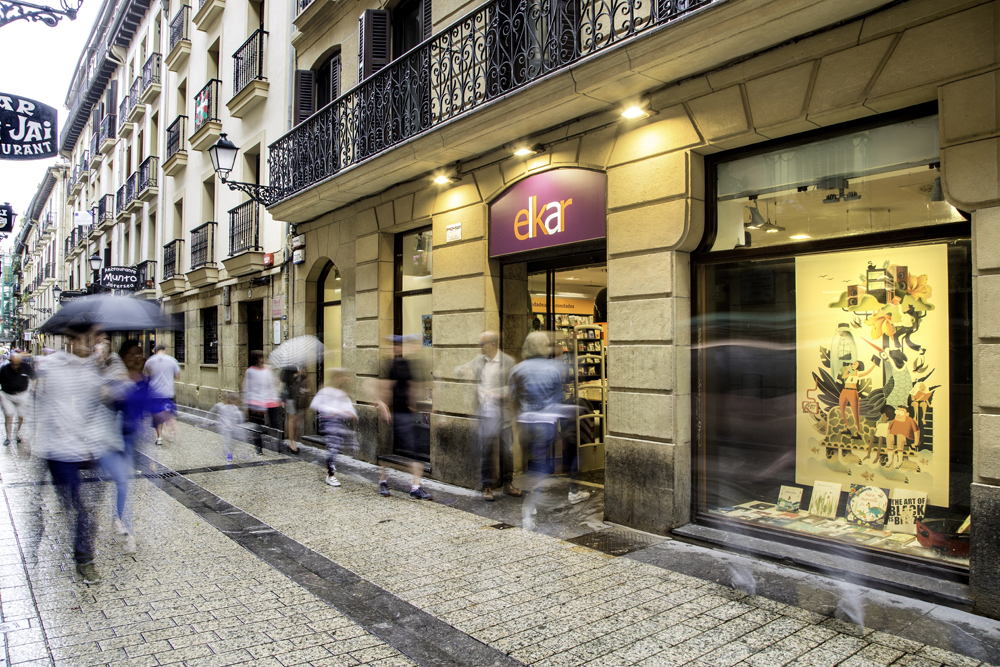How much does the production of books in Basque cost?
- The Basque culture is said to be small. From an economic point of view. However, the numbers are rarely published. The Department of Culture and Linguistic Policy of the Basque Government has published the annual report on publications in Basque, with data from 2019. It offers an image of the economic sector of editorial production in Basque and a few strokes of the main trends.
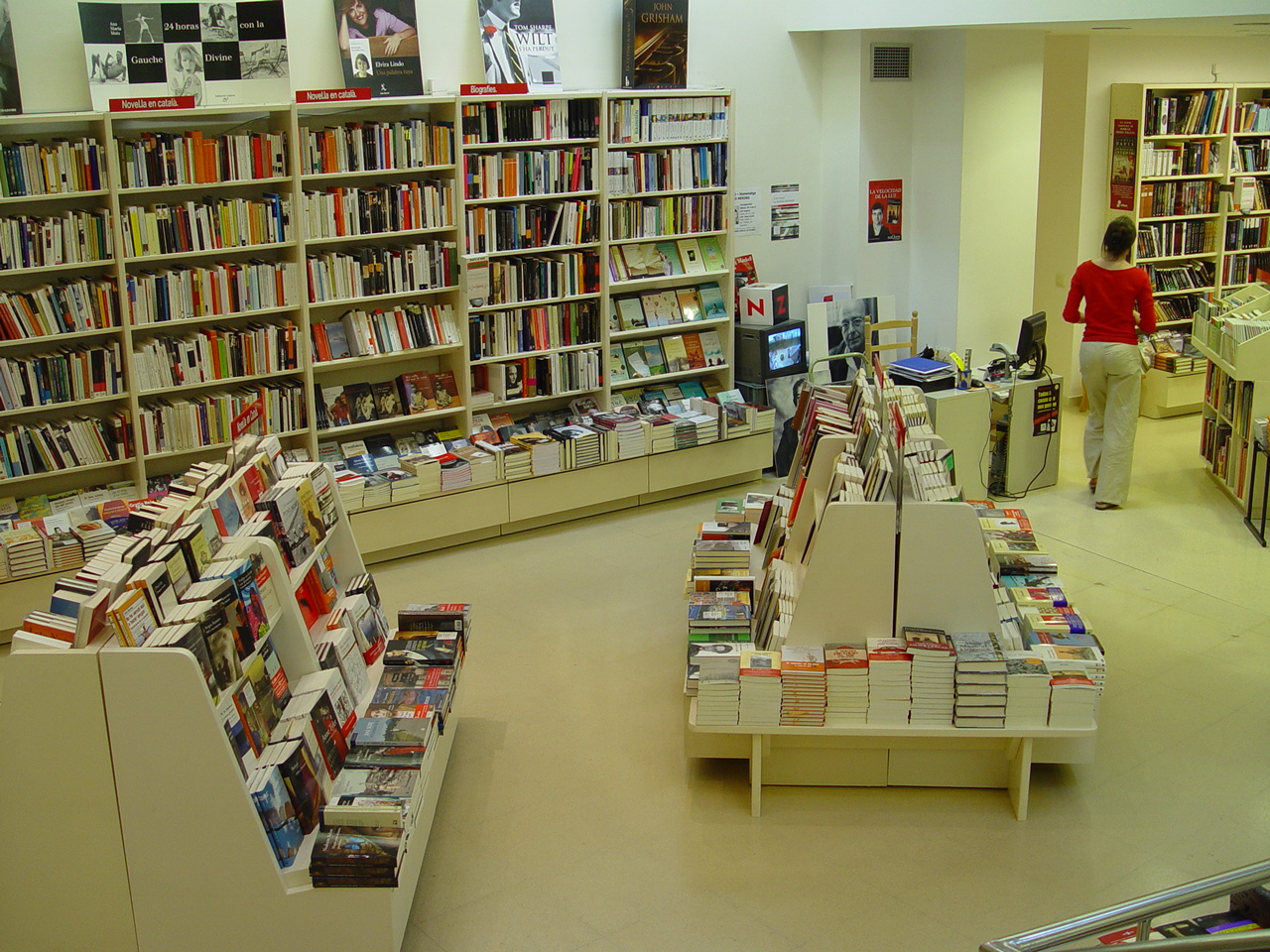
The Department of Culture and Linguistic Policy of the Basque Government has just published the 15th report on publications in Basque. As its title indicates, it is the result of a study conducted on the production of books in Basque in 2019. As in recent years it has been carried out by the Madrid company Connects Research & Consulting, with the collaboration of the Association of Editors of the Basque Country (not to be confused with the Association of Basque Editors) and the Federation of Associations of Editors of Spain.
The report looks back at us two years ago and the investigation gives an image of the situation before the plague.
If we look at the literary production in Euskera in 2019, the novels Aitaren etxea (Elkar) by Karmele Jaio and Miñan (Susa) by Amets Arzallus and Ibrahima Bale, Zelda by Elena Olave, soon come to mind. From this body (Balea zuria) the poem and the essay of Hasier Arraiz Maitasun blinks bakarra (Erein).
However, the Department of Culture and Linguistic Policy of the Basque Government has not paid attention to the authors of the books or to the subjects that compose them, or to the literary or artistic point of view in general. Another objective of this study is to analyze data related to the production, supply and billing of books.
Something that is repeated over and over again is that the Basque culture industry (or the Basque culture industry) is small, that strategic measures are needed to survive on a daily basis. One issue that has also come to light with the plague is the need to give way to the situation of the so-called culture in general, especially by public institutions. However, there is often no public discussion as to what the situation really is, no numbers are put on the table. The cultural industry will be small economically, but what does it mean to be small? How much does it cost, for example, to produce books in Basque?
The dance of data is already the fifteenth report that the Basque
Government has produced on the publications in Basque. Jakin Magazine, for its part, reviews the editorial production of each year. The late Joan Mari Torrealdai conducted the tests between 1976 and 2017, and Xabier Eizagirre Gesalaga has been in charge of relieving Xabier Euzkitze at the post. In issue 241, the review to the 2018 edition of the Basque work has been published. The 2019 will be published next year.
However, comparing the report by Une on the publications in Euskera and the analysis usually performed by Jakin, the differences are evident year after year. In the study carried out on production in 2018, for example, the XIV Report on Publications in Basque Country includes a total of 118 publishers, while Jakin has 334. This difference is also noted in the accounts. Connects contributes 1,842 in 2018, while Jakin’s research does so in 2,138.
As Xabier Eizagirre Jakin points out, this difference mainly refers to two variables: the source of information on the one hand and the methodology on the other. As for the number of titles and editorials, it is almost exclusively based on the ISBN. The rest of the information is received only from publishers.
In the 2019 production studies, therefore, it is possible that everything published in Euskera in the study carried out by Conecá was not really taken into account.
As detailed at the end of the report, the data have been obtained from samples of publishing companies in Euskera, so the research is not rigid. However, it can be considered as a sample of the main trends of the publication in Basque.
What are
the main trends, therefore? What data does the research reveal? The study reveals that in 2019 there were 108 publishers who have published books in Basque. That's the universe you take into account. Of these, 99 have been identified from ISBN data, the remaining nine are editorials of Iparralde. A total of 55 publishers have participated in the study, while the rest of the data have been obtained from second-hand sources.
According to the study, the private publishers and the University of the Basque Country (UPV/EHU) published 1,847 titles in Basque in 2019. The data from printed copies is also shown: in total, almost three million books. Average spin of each book published on paper: 2,226 books.
Who publishes it in Basque? Although there is no distribution by publishers, and excluding the editorials of Ipar Euskal Herria, only 34.3% of those who have published books in Euskera have published 75% or more of their titles in Euskera.
The report also analyses production by section. According to the distribution made, it is distinguished between adult fiction (novel, poetry and theatre, literary essays, etc.). ), children ' s and youth literature, non-university texts (textbooks and supplementary materials) and non-fictitious texts (sciences and humanities and social sciences and books, dissemination and dictionaries). Limiting the scope of data, books published on paper by private publishers, non-university textbooks were the ones with the most new titles published: 554, followed by children's and youth literature with 343 titles; non-fiction books with 211 titles; and fiction for adults with 179 titles.
This distribution in published titles is more or less repeated when other data are observed. As for the average circulation of each book, most of the books are produced in the non-university text section, with almost 3,000 copies. In the literature of children and adolescents the average cast is 2,172. In the case of non-fictitious books, although more titles are published than adult fiction books, the average print run is lower: 1.130 for non-fictional books, 1.548 for adult fiction.
Invoicing In addition to the data on the circulation
of each book, the report collects data on marketing and invoicing. According to the study, in total, the publishers invoiced about 39,825,000 euros for publications in Euskera. 75.2% of the total billing corresponds to the series of non-university texts, with about 30 million euros. The literature on children and young people corresponds to 17%, about seven million euros.
Conversely, the adult fiction series (which includes novel, theatre and poetry), which is generally given almost exclusively the term “Basque literature”, accounts for 5% of the total turnover, EUR 2 million. If the department is analyzed, the novelty corresponds to 4% of the total billing of the editorial production in Euskera.
If we consider the production of books in Basque as a sector, therefore, the importance of textbooks is remarkable. Beyond textbooks, children's and youth literature is the most important part of the Basque literary publishing industry.
In the case of private companies, research also includes the number of jobs. In total, there were 96 private companies publishing books in Euskera, where there were 292 payroll workers.
Finally, considering that the payment of copyright in all territories accounts for 4.1% of total invoicing (CAPV number), almost EUR 2 million has been paid for the purchase of copyright.
Ekain honetan hamar urte bete ditu Pasazaite argitaletxeak. Nazioarteko literatura euskarara ekartzen espezializatu den proiektuak urteurren hori baliatu du ateak itxiko dituela iragartzeko.
In Larrabetzu there is no shortage of quotes to reflect on the Basque cultural area and, to a large extent, lectures on literature. After the past and the entry of the fairs of Ziburu and Sara, the gummies have been opened, among others, to the reflections on the various... [+]
“Estutasun larrian” aurkitzen direnez, liburugintzari garrantzia ematea eta “liburuaren kate osora” helduko diren neurriak hartzea eskatu dute Euskal Idazleen Elkarteak, EIZIEk, Euskal Editoreen Elkarteak, Editargik eta Galtzagorrik.
Catalan pianist Clara Peya recently won the 2010 Catalan National Cultural Award. In his arms, he said that he was a privileged one and thanked his mother for having had a piano at home, rehearsing for hours and hours, because he did not have to take care of anyone and had not... [+]
Nazario komikigilea eta margolaria omenduko du binetaren munduaren urteroko jaialdiak. Horrez gainera, Gasteizko Zuloa liburu-dendari ere gorazarre egingo diote, haren ibilbideagatik eta komikiaren mundua zabaltzeko egindako lanagatik. Getxoko Komiki Azoka urriaren 19tik 21era... [+]
Let's dream. There was once a readership village. Everyone could go to a place close to their home, (...) a warm place where you could discover yourself and others, where you could learn, imagine, exchange, travel. (...) That is our people, it is France. It is up to us to... [+]











